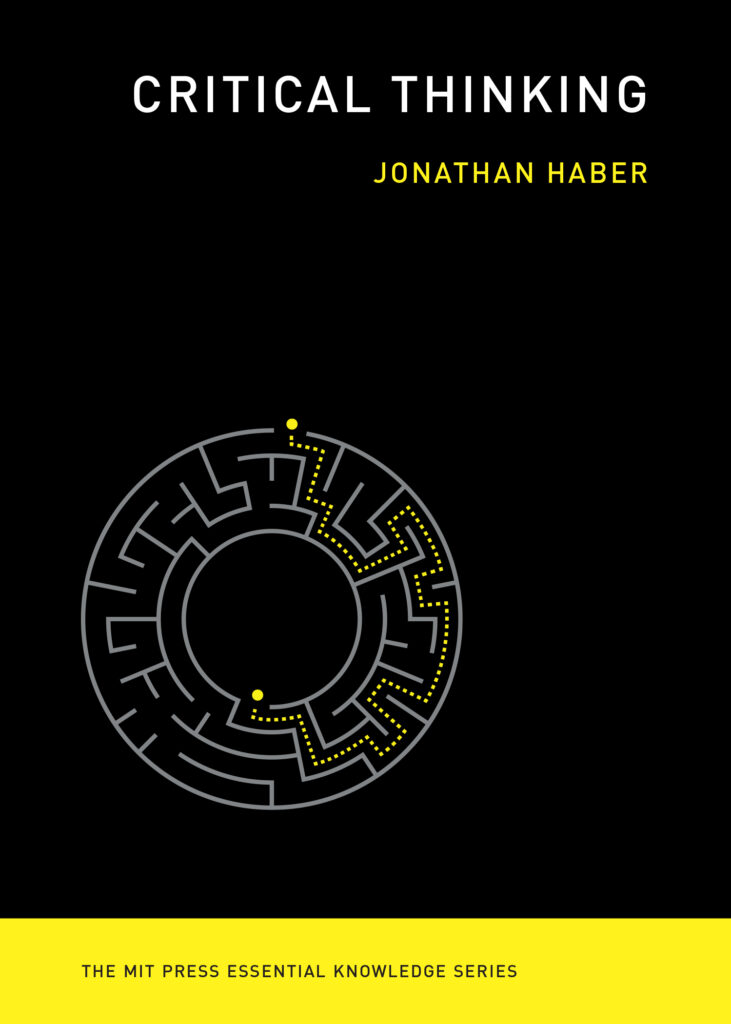For decades, educators and educational policymakers have stressed that cultivating students’ critical thinking ability must be a national educational priority.
Important standards such as Common Core and the Next Generation Science Standards (NGSS), adopted or adapted across the US, have built the need to think critically about subjects like ELA, Math and Science into accountability measures used by all fifty states.
In higher education, questions raised in the 2011 book Academically Adrift about whether student critical thinking ability improves at all during four years of college have led a number of institutions to investigate how to integrate “work-readiness skills” (including critical thinking and problem solving) across the curriculum.
Despite the fact that close to 100% of K-12 teachers and college and university professors claim to prioritize helping students become critical thinkers, three-quarters of employers say the graduates they hire lack crucial critical thinking and problem-solving skills. This indicates that problems lay not in a lack of commitment to developing critical thinkers, but rather a lack of understanding of what is required to teach students to think critically.
Myths standing in the way of making growth in student critical thinking ability a reality versus an aspiration include beliefs that:
- Until we come to a consensus definition for critical thinking, we cannot make it part of the curriculum (often stated along the lines of “we can’t teach critical thinking until we know what it is”).
- Teaching students to think critically is at odds with efforts to teach content, meaning one must be sacrificed for the other.
- Critical thinking varies so widely between disciplines that any effort to build critical thinking instruction into one subject will have no impact outside that field.

In his new book Critical Thinking, part of the MIT Press Essential Knowldge series, educational researcher, writer and curriculum developer Jonathan Haber smashes those myths and points to a set of high-leverage practices that can bring better critical thinking instruction to all students.
Next – What are High-Leverage Critical Thinking Practices? >>